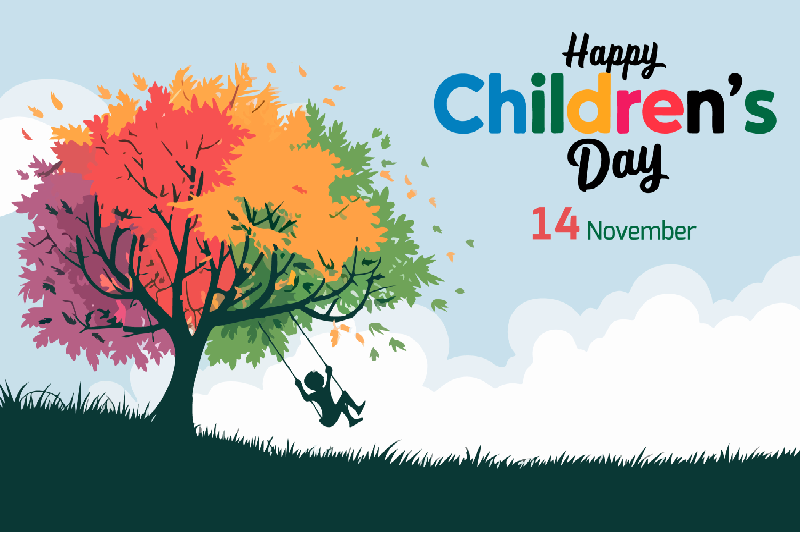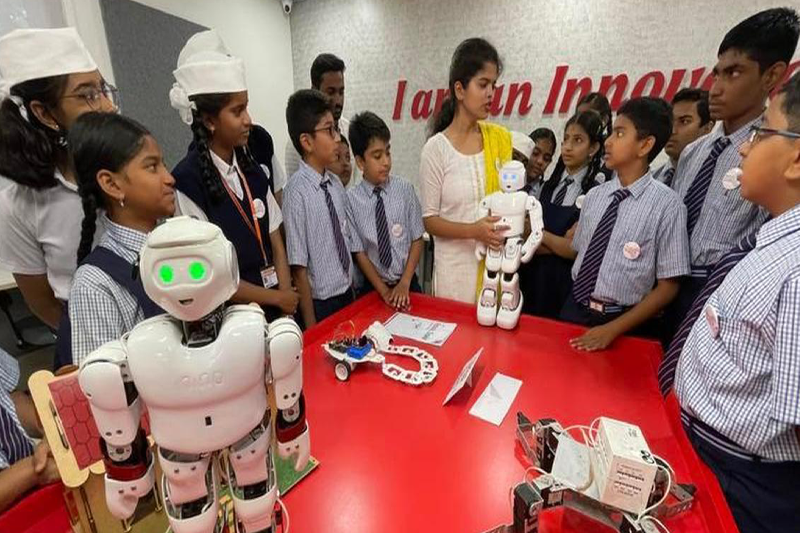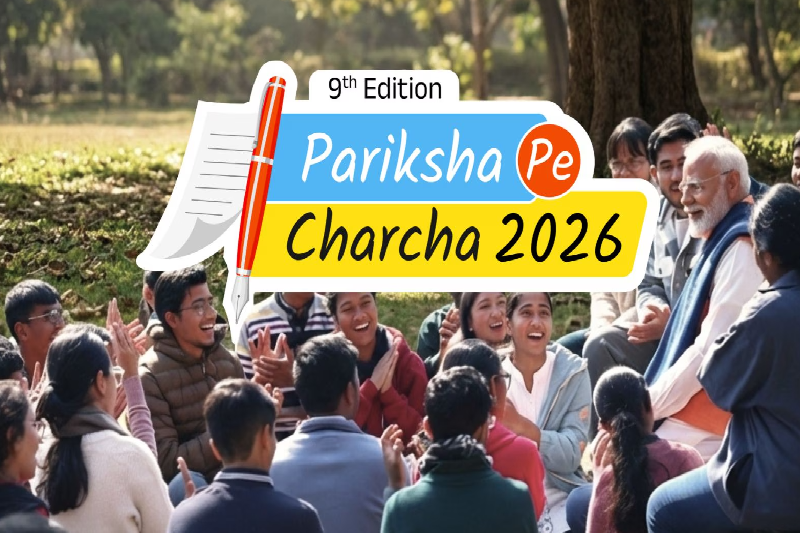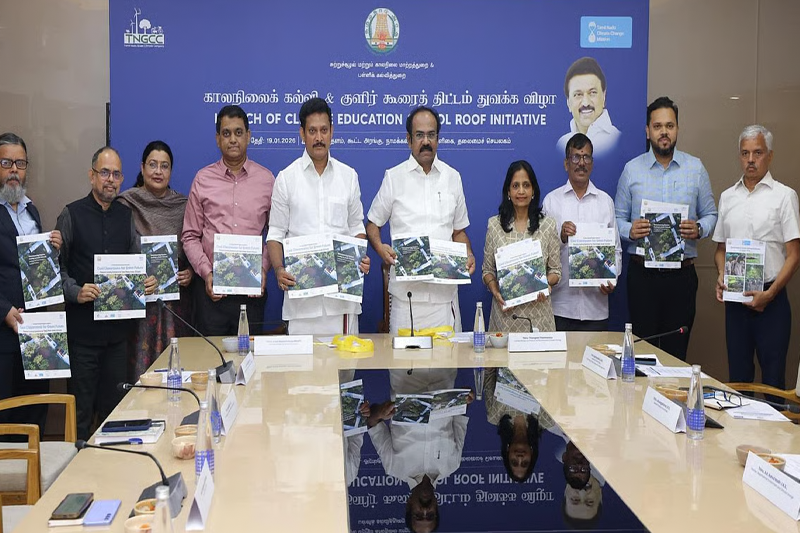
Children’s Day 2025: A Deep Dive Into the Daily Lives, Needs & Realities of Autistic Students in India
On Children’s Day 2025, as schools across the country celebrate childhood in all its vibrancy, two specialised institutions in Delhi—Higashi Autism School (HAS) in Vasant Kunj and the India Autism Centre (IAC) in Jasola—present a quieter, deeply intentional world built for autistic learners. Unlike mainstream schools filled with chatter, hurried steps, and bustling corridors, these centres operate on structure, routine, emotional sensitivity, and an environment where nature and personalised care take precedence over noise and rush.
A School Day Crafted Around Sensory Needs
At HAS, the day begins with an understanding that every child’s sensory world is unique. One student, for example, refuses undergarments at home but wears them calmly once he enters school—his first step toward emotional regulation. Another waits to go home only in blue and yellow clothes. These nuances form the basis of personalised routines.
HAS functions as a day-boarding school with 35 teachers for 38 autistic students aged 4 to 12, allowing educators to focus not just on academics but on sleep patterns, toilet habits, emotional responses, and therapy needs. Many teachers act as translators of behaviours that even parents struggle to understand.
IAC, on the other hand, operates as a residential centre offering one-on-one interactions supported by caregivers, therapists, and healthcare professionals. Students receive structured schedules, group activities, personalised therapy, and continuous monitoring—helping them regulate emotions and build independence.
Nature as a Therapeutic Anchor
Both institutions strongly emphasise the role of nature. Green surroundings help autistic students regulate emotions, process sensory information, and develop motor skills. At IAC, this connection is further strengthened through animal-assisted therapy and poultry-based routines that provide grounding and comfort.
Tailored Education Systems and Specialised Teaching
HAS follows a blend of NIOS and CBSE models, offering flexibility based on each child's cognitive and sensory profile. Uniforms are non-mandatory, and the one-teacher-per-student approach ensures focused attention. Teachers must hold a B.Ed degree and be registered with the Rehabilitation Council of India (RCI). They are shortlisted through psychometric assessments and real-time interactions.
IAC is preparing to open its own specialised school in 2026. Currently, students undergo speech therapy, occupational therapy, behaviour therapy, music therapy, play therapy, and innovative nature-based therapies. Senior mentor Dr. Puja Dutta emphasises that beyond qualifications, patience, sensitivity, and genuine human values define an effective special educator.
Pathways to Employment and Adulthood
Employment readiness for autistic adults in India remains limited.
HAS employs Priyank, a 24-year-old autistic graduate from IGNOU, who supports students and assists with digital tasks. While he is qualified for corporate roles, teachers note that workplace ecosystems often lack supportive frameworks.
At IAC, collaborations with Deloitte and Amazon aim to create employment opportunities in packaging and digital tasks. One student currently works as a resident artist, creating merchandise for the centre.
Digital Tools & Skill Development
HAS integrates technology to support communication challenges. Tools like the Awaz app allow students to express needs through visuals and voice output. Students also engage with Canva, AI platforms, and digital writing tools to strengthen creativity and academic skills.
While IAC uses digital tools selectively, it prioritises vocational training—music, dance, cake making, tabla, data entry, and packet-making—tailored to each learner’s support level and interests.
Sports, Motor Skills & Physical Development
Both institutions place strong emphasis on physical development. Students engage in gymnastics, skating, agility exercises, rugby, cycling, cricket, football, and running. According to Abhay Singh, Head of Sports at HAS, training begins from the basics—running, catching, holding, collaborating—slowly building up to full participation.
Many autistic students find it difficult to express physical discomfort, often continuing activities despite fatigue or the need for a toilet break. HAS maintains personalised toilet training sheets and routines to support hygiene and independence.
Puberty education is also adapted to cognitive understanding. A specialised module, for instance, helps one girl learn about menstruation, body privacy, and safe touch through a slow-paced, visual approach.
Art, Expression & Moments of Joy
Art becomes a powerful medium of communication.
One student, Suhrid Das, struggles to hold a sketch pen but paints effortlessly with a brush, participating—and winning—in several art competitions.
At HAS, birthdays and Children’s Day celebrations are crucial rituals of inclusion. Teachers note that while children may not always show excitement conventionally, sharing photos with families brings deep reassurance and emotional connection.
Should Autistic Students Be in Mainstream Schools?
Experts remain divided.
Dr. Rashmi Das argues that autism education is quasi-medical and requires specialised plans that mainstream schools often cannot provide. Many families experience “reverse migration,” shifting back from inclusive schools to autism-specific institutions due to inadequate support.
A parent shared how her mildly autistic son was charged extra for using the same school transport as non-autistic children, despite receiving no additional support—highlighting superficial inclusion practices.
Conversely, Dr. Om Sai Ramesh states that schools cannot legally reject children with disabilities, and many government schools employ special educators and counsellors capable of supporting diverse needs.
Dr. Dutta offers a balanced view:
- Mild to moderate autism can thrive in inclusive settings if early intervention is provided.
- High-support needs require autism-specific schools for structured learning, although social interaction in mainstream environments remains valuable.
Systemic Issues: Data Gaps, Policies & Certification Hurdles
India lacks official data on autistic children, limiting policy development. The Ministry of Social Justice and Empowerment funds 315 NGOs under DDRS, supporting over 34,000 beneficiaries with ₹129 crore in 2024. Yet gaps remain.
The Unique Disability ID (UDID) certification system—which unlocks schemes like Niramaya health insurance—is difficult to access. In Delhi, only AIIMS and RML Hospital offer certification, resulting in long wait times that many autistic children cannot tolerate.
Therapy centres across India also lack standardised audits, raising concerns about quality and transparency.
Parenting, Stigma & Societal Barriers
Parents often struggle with acceptance. One mother, Rajshree, initially dismissed her child’s symptoms as pandemic-related withdrawal. Acceptance came gradually, accompanied by social stigma. Family gatherings often led to uncomfortable questions, and peers avoided interacting with her son despite his desire for companionship.
Another family broke down upon learning their daughter would require lifelong support—not due to her condition, but fearing societal judgments, especially concerning marriage prospects.
Experts agree that societal attitudes—not autism—remain the biggest barrier.
As Dr. Dutta states, “Acceptance is the foundation. Only then can inclusion, intervention, and accessibility become meaningful.”



